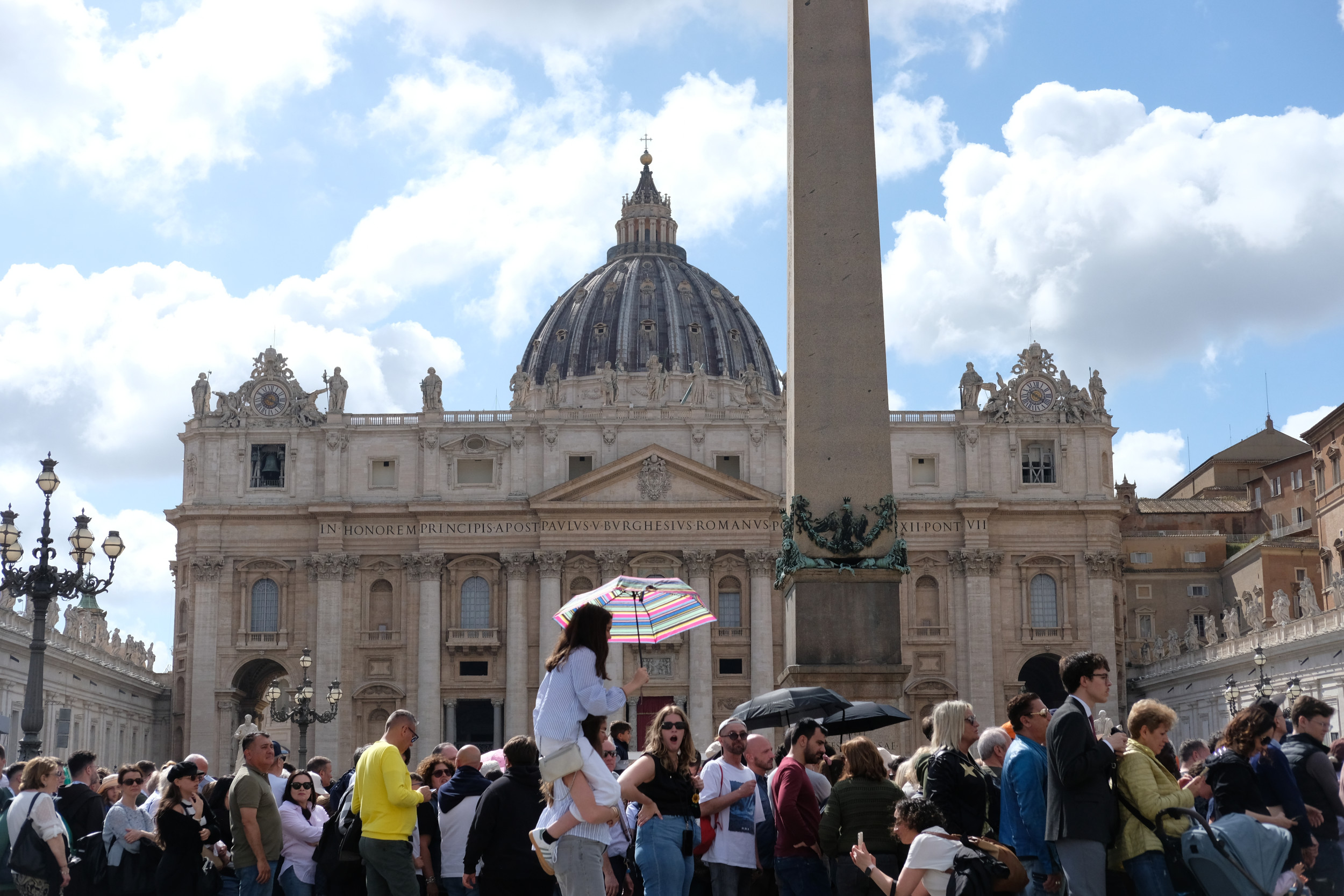🎙️ Voice is AI-generated. Inconsistencies may occur.
Robert F. Kennedy Jr. visited the Arizona state Capitol on Tuesday to endorse a bill that would prohibit Supplemental Nutrition Assistance Program (SNAP) benefits from being used to buy sodas.
His appearance marked a high-profile push for elements of President Donald Trump's "Make America Healthy Again" agenda, which seeks to restrict government-funded access to unhealthy food options.
Why It Matters
The SNAP soda ban would make Arizona one of the first states to block the use of federal food aid for sugar-laden soft drinks. According to Bloomberg, SNAP recipients spend five cents per dollar on sodas, slightly more than the four cents spent by other consumers.
Kennedy lauded the Arizona legislation as a pivotal moment in broader efforts to address America's nutrition crisis.
"Sweetened soda water has no nutritional value," he said, according to AZ Central. He called the soda restrictions "the quickest and most obvious thing to do" in improving public health.

What To Know
The Arizona legislature approved two bills this week, including House Bill 2165, which would prohibit SNAP benefits from being used to buy sugary sodas, and House Bill 2164, which would ban ultra-processed foods from schools.
HB2165 calls for the state to seek a waiver from the U.S. Department of Agriculture to implement the SNAP soda ban. If granted, it would bar the purchase of soft drinks containing more than one gram of added sugar or artificial sweeteners with SNAP benefits.
The second bill, HB2164, aims to improve school meals by banning ultra-processed foods containing additives like artificial dyes and potassium bromate. It would take effect in the 2026–2027 school year and apply to federally subsidized school meal programs.
While the school meals bill passed unanimously, the SNAP soda ban moved forward with only Republican support.
Melissa Harvey, legislative chair for the School Nutrition Association of Arizona, told the Arizona Capitol Times that most schools already comply with stringent USDA standards, and any adjustments would mainly affect condiments and snacks
Professor Jennifer Pomeranz, of the NYU School of Global Public Health, told Newsweek: "There are different arguments for and against such restrictions on sugary beverages and people across the aisle support or do not support such restrictions for various rationales, including improving public health (pro), ethical arguments like the one you identified (con), and different views on what government should be funding."
Newsweek has contacted the USDA for comment.
What People Are Saying
Robert F. Kennedy Jr. said on Tuesday: "It's happening at the grassroots. People are saying we are not going to take it anymore. We are not going to be mass poisoned."
Democratic Arizona state Senator Analise Ortiz criticized the SNAP soda bill during its debate, saying: "I think it's quite interesting how this argument has devolved into a 'soda for me, not for thee' argument. And this is a slippery slope that is going to just cause people who are already struggling to be micromanaged by the government."
Professor Pomeranz told Newsweek: "In terms of sugary beverages, the evidence is clear that they provide no nutritional value and are not satiating so given SNAP's goals of improving food insecurity, sugary beverages are different from other foods. Studies have found support (including by SNAP participants) for limiting the purchase of sugary beverages with funds that are dedicated to 'nutrition assistance.'"
But she added: "There are other ways to provide both incentives and disincentives that do not raise the same ethical issue."
What's Next
Both bills were sent to Arizona's Democratic Governor Katie Hobbs on Tuesday. Her office has not yet indicated her position on both bills or whether she will sign them into law.
Kennedy is continuing a multi-state tour promoting similar legislation. After visiting Arizona, he traveled to Utah to advocate for a renewed review of fluoride in drinking water.
fairness meter
About the writer
Jordan King is a Newsweek reporter based in London, U.K. Her current focus is on religion, health, food safety and ... Read more



